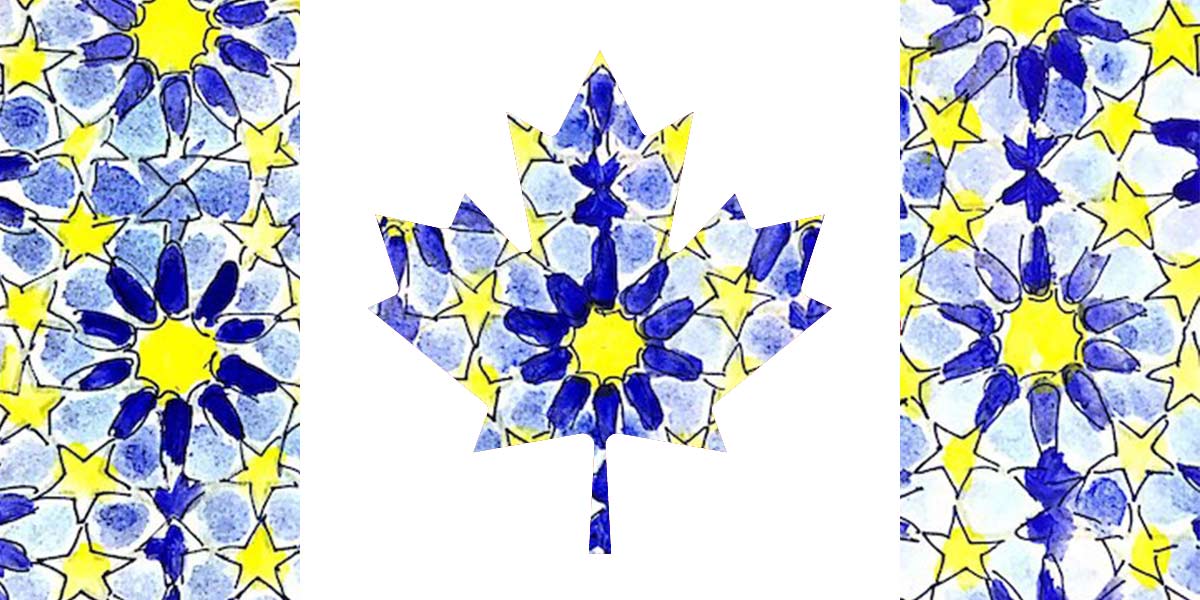I was born in Iran, but my family and I moved to Canada when I was four-years-old. Although Farsi was my first language, English quickly became my dominant one and, even though I was surrounded by Iranian culture at home, at school I was being exposed to a completely different set of norms. While growing up with two different cultures allowed me to gain a unique perspective on many social and political issues, McGill played a pivotal role in my perception of my two conflicting identities—Canadian and Iranian—and allowed me to see them in a positive light.
Growing up, it was impossible to ignore the glaring differences between my life and those of my friends at school. For example, we did not celebrate Thanksgiving or have huge Christmas dinners. On the other hand, when I went to Iranian language classes, it seemed that my family did not adhere to a lot of Iran’s social norms either. My dad, though still a Muslim, drank alcohol and made us ham sandwiches. The older I became, the more I needed to fit into a specific culture. I often felt too Westernized to be Iranian like my family, but too Middle Eastern to truly be Canadian. The height of my uncertainties came during the 2016 United States presidential elections, when suddenly my two identities were being pitted against each other. I thought that I had to justify that I was a Canadian, as if my citizenship was not enough, and I started feeling hyper-aware of the way that my Iranian name rolled off of Canadian tongues. I felt increasingly like I did not fit into either category. Thankfully, coming to university enabled me to start appreciating both of my cultures.
The presence of so many different cultures at McGill immediately made me feel more at ease. However, this did not happen immediately: I was initially worried when I saw that a unit of one of my political science courses was, “Nuclear Weapons and the Case of Iran.” There were definitely moments of discomfort, such as sitting in class and hearing people disagree with the professor when he stated that ‘Iran was not a rogue state.’ Nevertheless, when I voiced my opinions in a conference, I felt welcomed for the first time in my life. Looking around the room and seeing others nod their heads, genuinely appreciating my perspective, gave me a sense of validation that I had not experienced in my education before. At McGill, I feel that my input is not discounted due to my personal connection with Iran, and if anything, I am listened to more intently.
My experience of feeling heard is only possible because of the nature of McGill as a university that embraces diversity and the respective outlooks that come with its students. Professors, TAs, and students who want topics to be approached in different ways become incredibly important. Academia is the first place where I have not felt the need to justify either of my cultural identities because, even if I am not always agreed with, I feel heard. I am learning that although it may be difficult on a personal level, and the feeling of not belonging might not disappear completely, my dual cultural identity offers a unique perspective in my education that is appreciated by my peers.
Being surrounded by people from two or more cultures at McGill has made me proud of the uniqueness of my upbringing. Smaller things, like the fact that even though my family in Iran call every year at Christmas even though they do not celebrate, feel much more important. Details like having a Muslim dad who drinks and loves bacon do not feel quite as divisive. I am more appreciative than ever of my cultures, and I can only imagine how that appreciation will grow as my time at McGill continues.







